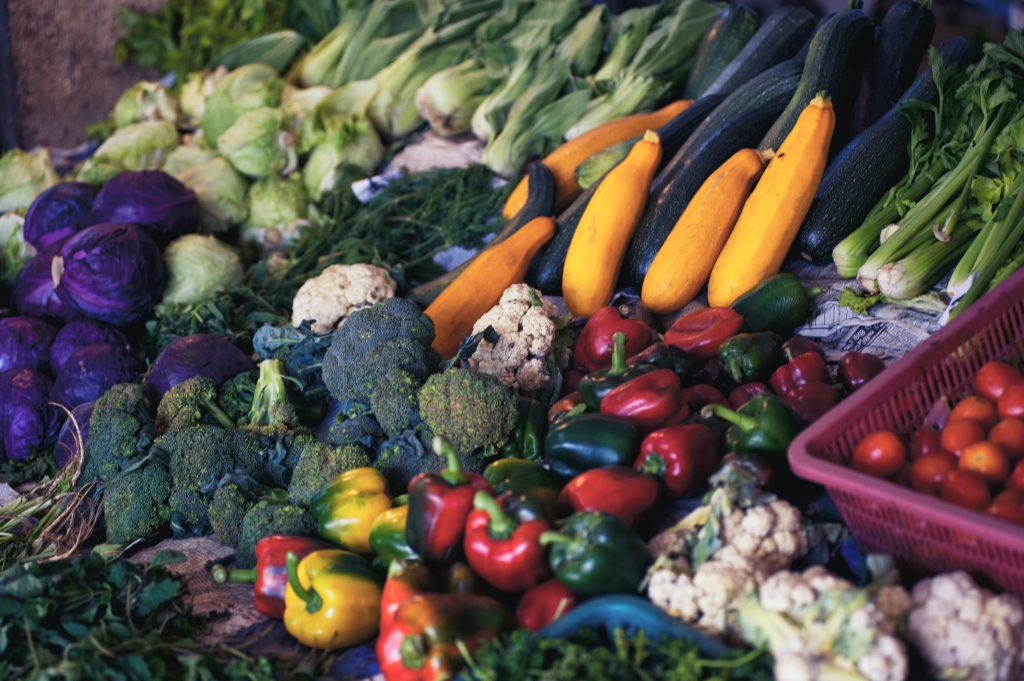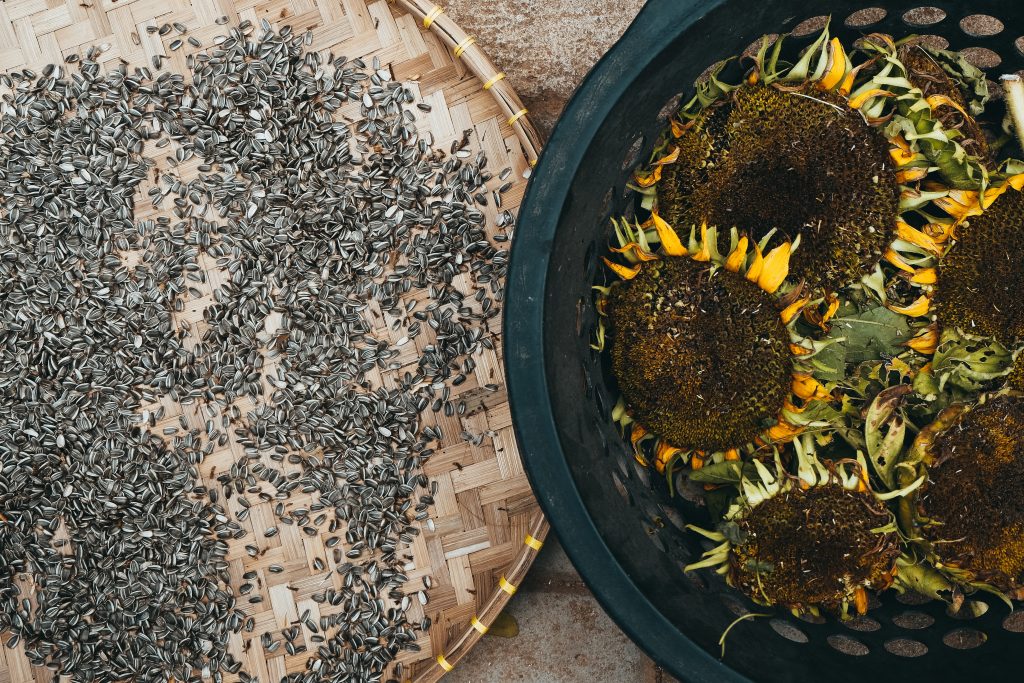Every year about 30% of the total food produced in the world for human consumption is lost or wasted both at food supply chain and consumption level, corresponding to approximately 1.3 billion tonnes. Fruit and vegetable loss represents the wasting of food as a commodity, but production also includes wasting of important resources such as land, water, fertilisers, chemicals, energy, and labour. Dr Simona Grasso from the Institute for Food, Nutrition and Health, talks about what needs to change to encourage more novel ways of producing nutritious sustainable food.

While both consumer and producer practices need to change to make our food chain more sustainable and better for the environment, regulatory authorities also need to make policies to allow new innovations to enter the market more easily. Reusing food waste by-products, or to use an increasingly popular term, to upcycle these by-products into ingredients that can re-enter the food chain has the potential to make a huge difference – if the consumer knows to demand it.
There are several examples of foods made with by-products already in the market. Examples in the UK include beer made with leftover bread (ToastAle), brewers’ spent grains in cereal bars (such as Remashed in the UK), fruit jerky as a snack (Snact), ketchups and chutneys made with overripe tomatoes and wonky vegetables (Rubies in the Rubble), and several drink and smoothie brands (Dash, ReJuice and others).
Last year I worked with a start-up company, Planetarians who specialise in the upcycling of sunflower cake. Sunflower cake is the residue left over from sunflower oil production. It is rich in proteins, minerals, vitamins and antioxidants, but it is currently underutilised, with a small portion used for animal feed while the majority of it is thrown away. The US-based company has developed a technology that turns sunflower cake into a nutritious food grade flour, with potential for several applications. Using upcycled sunflower samples from Planetarians I developed foods (biscuits, muffins* and frankfurters) with improved nutritional properties compared to control sunflower-free recipes, generally with higher protein, fibre and antioxidants. If adequately formulated, foods made with upcycled sunflower could already enter the market.

To increase the interest from industry, however, there needs to be significant consumer demand. What would consumers think of a new food that contains food industry by-products? Would they reject it or embrace its sustainable nature? What factors affect their willingness to purchase such products?
With my colleague Daniele Asioli we carried out the first study on UK consumers’ preferences for upcycled ingredients*, using biscuits with upcycled sunflower as a case study. Our survey found that while consumers were not consistent in their evaluation, we identified three reoccurring trends in answers relating to price sensitivity, resistance to change and sustainability. Clearly this last group would be the most suitable to target the launch of new biscuits with upcycled sunflower. We also found that most consumers had not heard of upcycled ingredients before, but they would consider buying foods containing them. This is good news for future developments in this area if demand increases. First though, suitable campaigns should be designed to address the lack of information about upcycled foods in the UK.
Currently there are no specific regulations concerning foods made with by-products, but many regulatory challenges are likely to affect the sale of upcycled ingredients across Europe. Some upcycled ingredients might in fact be considered as ‘novel foods’ and require special authorisation before they are placed in the market. For example, the company Kaffe Bueno is using spent coffee grounds by turning them into a flour which is then used as an ingredient in foods. However, they have to go through the ‘novel food’ authorisation process to ensure that the coffee grounds ‘do not pose a safety risk to human health’.
It is important for the regulatory authorities to consider the environmental and nutritional benefits of upcycled ingredients in order to allow for procedures that would simplify their entrance into the market and make a positive impact on our societies. This would in turn encourage food ingredient manufacturers to invest in the development of upcycled ingredients and offer more cost-effective options to food manufacturers for the development of healthier and more sustainable foods.
Dr Simona Grasso is a Postdoctoral Research Fellow at the University of Reading’s Institute for Food, Nutrition and Health.
* If you would like to read more about the publication on muffins and consumers’ preferences for upcycled ingredients, please email s.r.grasso@reading.ac.uk.
